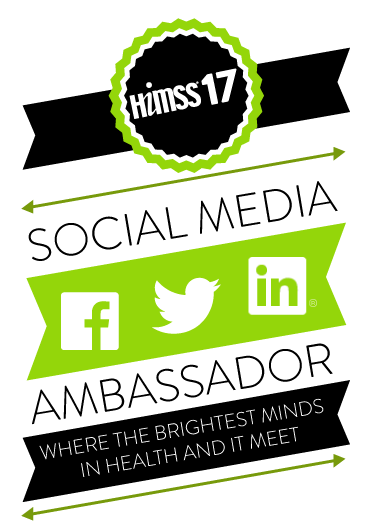Leveraging the Liberated Data
 Sunday, September 25, 2011 at 11:54AM
Sunday, September 25, 2011 at 11:54AM Todd Park, CTO of HHS, gave an inspiring keynote at the Rock Health Boot Camp yesterday that could turn the starkest pessimistic into an optimist about the future of healthcare in the US. From what I know, Park always gives inspiring keynotes, but I want to use his message to connect the key themes I extracted from the Rock Health event (#hcbc) and Health Camp SF Bay (#hcsfbay) on Friday.
My first observation: nearly every speaker referred to the plethora of new apps and technology companies in healthcare. We’re beginning to get inundated by new apps that often compete with dozens of similar apps to do nearly the same thing.
Second, it is a safe statement to say that health remains a siloed ecosystem. Collaboration is improving as a result of internal and external forces, with the HITECH Act and ACA (Affordable Care Act) among the most powerful forces promoting change. But we’re at early stages of figuring out how to share data and collaborate for the good of patient outcomes and overall population health.
Yet in this technology-rich environment, the level of awareness of existing data sources is poor. We can liberate all the data in the world and make it available on the Web, but if entrepreneurs are focused on sexy new gadgets that add to the data explosion but do nothing to help organize and normalize the massive datasets that already exist, we’ll fail to make use of the data in meaningful ways (yes, I used the term “meaningful” on purpose).
Park spent some time describing Healthcare.gov and HealthData.gov and how they can act as a resource for entrepreneurs. I loved his analogy between HealthData.gov and NOAA data. He told an anecdote of how someone once told him that NOAA is unnecessary because one can find the same data in a more user-friendly application on Weather.com. What the commenter didn’t realize is that NOAA data form the backbone of Weather.com. The federal government provides the data gathering, normalizing, and updating functions and then makes the data available to others who can overlay, combine, segment, analyze, integrate and distribute the data in any variety of mashed-up and improved formats.
The tradition of building data businesses on the foundation of federal, state, and local government data is strong. Savvy data publishing entrepreneurs have been digging deeply into government sources of data and providing new applications based on the data for centuries and new data products and services continue to emerge. The opportunities for leveraging data aren’t restricted to using government data by any means. Just look at companies like IMS Health that compiles data on prescribing behavior from pharmacies.
Some healthcare IT companies understand the power of leveraging data. In fact, athenahealth, Todd Parks’ former company, is one of them. Thomson Reuters Healthcare (now Truven Healthcare Analytics) is another company that has built a big part of its portfolio around leveraging CMS data.
Bob Kocher, a partner at Venrock, also spoke at the Rock Health event. He stated that healthcare is the only industry where investments in IT haven’t led to labor-saving productivity improvements. I’m not surprised by this fact. We’ve had lots of new technologies in healthcare that help us do things we weren’t able to do before. However, we haven’t been very good at building on our innovations to create a better healthcare system. In today’s world, combining data with software to build tools that improve efficiency and productivity leads to much richer sets of products and services. Readers of this blog have heard this sentiment from me before and I’m known for defining “meaningful use” as the intelligent combination of IT and content. It’s a theme worth repeating and I was pleased to hear it articulated so well by Todd Park, Bob Kocher and others yesterday.
 MU,
MU,  aca,
aca,  analytics,
analytics,  arra,
arra,  healthdata
healthdata 

Reader Comments